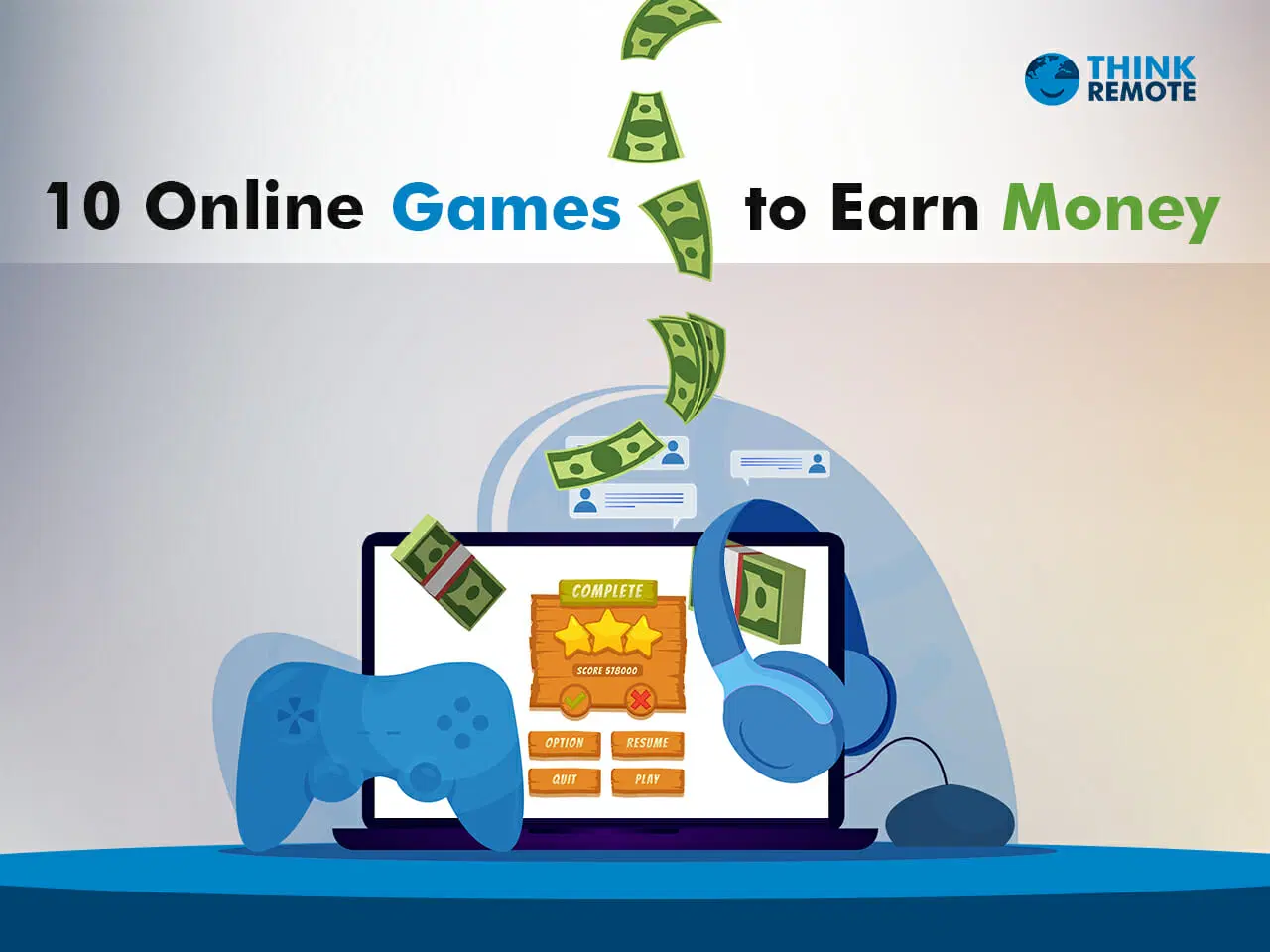The Rise of Gaming Platforms with Rewards: A New Era for Gamers
The Rise of Gaming Platforms with Rewards: A New Era for Gamers
Blog Article
How Play-to-Earn Gamings Are Transforming the Video Gaming Industry

Recognizing Play-to-Earn Mechanics
The play-to-earn design has arised as a revolutionary concept within the gaming industry, fundamentally changing the connection in between players and the video games they involve with. This version enables gamers to earn substantial rewards, typically in the type of cryptocurrencies or non-fungible tokens (NFTs), with their in-game activities. Unlike conventional gaming structures that generally monetize via registration costs or single acquisitions, play-to-earn video games incentivize gamer participation by directly connecting gameplay success to real-world worth.
At the core of play-to-earn technicians is the integration of blockchain technology, which ensures openness and conclusive possession of in-game possessions. Gamers can get, offer, or trade these assets in decentralized marketplaces, empowering them with economic firm formerly hidden in traditional gaming environments. Each player's payment to the video game environment-- be it with proficient play, strategic trading, or area participation-- enhances the overall pc gaming experience while giving them a possibility to produce income.
As gamers invest time and resources, they not just strengthen their engagement with the video game however also foster a vibrant economic climate that reflects their cumulative efforts (play and earn rewards). This improvement of gameplay right into a monetizable endeavor is improving both player inspiration and video game design
Financial Effect on Players

Moreover, play-to-earn versions equalize accessibility to economic advantages. Players from differing socio-economic histories can participate and potentially gain significant income, bridging spaces that exist in traditional job markets. This paradigm shift cultivates monetary freedom, particularly in regions where employment chances may be limited.
Additionally, the intro of digital economic situations allows players to build riches through tactical investments in in-game possessions, which can value gradually. This has actually brought about the appearance of a brand-new class of players that come close to play-to-earn as a significant income-generating task, frequently resulting in the reinvestment of revenues into the video gaming ecological community itself. Ultimately, the economic influence on players is extensive, as they browse a landscape where recreation and source of income merge.
The Function of Blockchain Modern Technology
What makes blockchain modern technology a foundation of play-to-earn games is its capacity to offer safety, openness, and decentralization. By utilizing a dispersed journal system, blockchain ensures that all purchases within the game are tape-recorded in an unalterable fashion, enabling gamers to validate ownership of in-game possessions without relying upon a main authority. This openness promotes count on among gamers, as they can independently verify the shortage and provenance of electronic items, improving their worth.
In addition, blockchain technology encourages gamers with decentralization, enabling them to engage in peer-to-peer transactions. Gamers are no more confined to in-game economic climates controlled by programmers; instead, they can trade, market, or lease their properties freely in open markets. This shift not only boosts the overall liquidity of digital properties however also motivates more significant player involvement, as users can straight benefit from their effort and time spent in the game.
Additionally, blockchain helps with the creation of wise contracts, which automate numerous in-game processes, from rewards distribution to governance devices. play and earn rewards. This development reduces the danger of fraud and makes sure fair game, additional strengthening blockchain's indispensable duty in the development of play-to-earn gaming
Objections and difficulties
Frequently, play-to-earn games deal with significant obstacles and criticisms that can hinder their development and approval within the broader pc gaming community. One anchor primary concern is the capacity for a speculative bubble, where the worth of in-game possessions can change published here dramatically, bring about economic losses for gamers. This volatility threatens the security that typical pc gaming environments commonly use.
Furthermore, the integration of blockchain technology frequently raises concerns regarding ecological sustainability. The energy intake connected with specific blockchain networks has actually triggered disputes concerning the eco-friendly influence of these games. Critics argue that the carbon impact generated by play-to-earn platforms can hinder eco-conscious gamers.
Furthermore, there are worries concerning access and inclusivity. Many play-to-earn games call for gamers to invest significant in advance funding to obtain required assets, developing barriers for those with minimal funds. This version can accidentally develop a divide between wealthier players and those who can not afford to get involved.
Future Trends in Pc Gaming
As the pc gaming market remains to develop, numerous future fads are arising that promise to improve the landscape of play-to-earn games and past. One considerable fad is the boosting combination of blockchain modern technology, which boosts openness and security in deals. This will likely result in better trust fund among gamers, urging broader fostering of play-to-earn models.
Additionally, the increase of non-fungible symbols (NFTs) is established to change electronic ownership, permitting gamers to really have in-game possessions. This shift will not only empower players yet additionally develop new financial chances within the virtual ecosystem. Additionally, the merging of video gaming with other fields, such as social networks and decentralized financing (DeFi), is expected to promote ingenious gameplay mechanics and money making techniques.
Furthermore, innovations in man-made intelligence and equipment discovering will certainly allow much more personalized pc gaming experiences, satisfying private gamer choices and boosting involvement. Lastly, the expanding emphasis on community-driven advancement will likely influence game layout, as players increasingly join shaping their video gaming settings. Jointly, these trends indicate a transformative future for the video gaming sector, where play-to-earn designs will play a main role in redefining gamer communication and value creation.
Verdict
To conclude, play-to-earn video games represent find more info a significant shift in the gaming sector, fostering financial possibilities through innovative technicians that take advantage of blockchain modern technology. This version not only equalizes accessibility to economic advantages for players from different socio-economic backgrounds but additionally urges community interaction and empowerment. Regardless of dealing with objections and challenges, the potential for future developments suggests that play-to-earn video games will certainly remain to form the gaming landscape, providing new avenues for riches production and player participation.
The introduction of play-to-earn video games represents a significant shift in the gaming sector, reshaping the connection in between players and the electronic economy (play and earn rewards).The play-to-earn version has emerged as a revolutionary concept within the video gaming market, essentially modifying the connection between players and the games they involve with. Unlike traditional pc gaming frameworks that normally generate income from via membership fees or single acquisitions, play-to-earn games incentivize gamer engagement by directly linking gameplay achievements to real-world worth
These innovative video gaming platforms empower players to produce real-world revenue with their in-game activities, consequently changing the traditional notion of video gaming from a simple activity into a feasible financial possibility. Regardless of dealing with criticisms and obstacles, the possibility for future innovations recommends that play-to-earn video games will certainly continue to form the pc gaming landscape, providing new avenues for wealth development and player participation.
Report this page